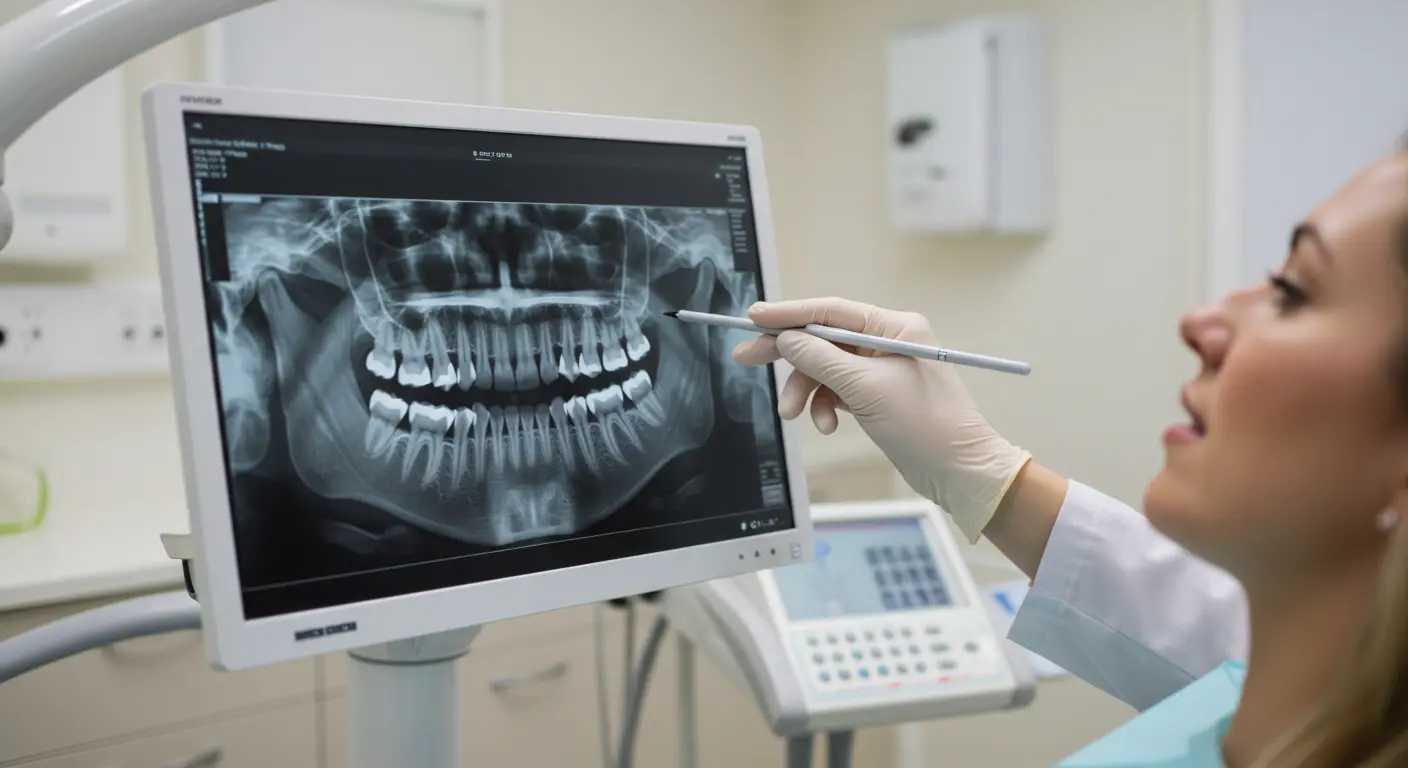The Optimal Timing: Understanding the Best Age for Dental Implants
Dental implants have revolutionized restorative dentistry, offering a long-lasting and natural-feeling solution for missing teeth. Unlike dentures or bridges, implants integrate directly with the jawbone, providing unparalleled stability and preserving bone health. However, a common question among those considering this life-changing procedure is: what is the best age for dental implants?
While there isn’t a strict upper age limit, and successful implant surgeries are frequently performed on older adults, the ideal timing often hinges on a crucial factor: the complete development of the jawbone.
The Significance of Jawbone Maturity
For individuals in their younger years, typically those under 18 and sometimes into their early twenties, the jawbone is still undergoing growth and maturation. Placing dental implants before this process is complete can lead to complications as the surrounding bone continues to develop, potentially affecting the implant’s position and the alignment of the bite.
Therefore, the general consensus among dental professionals is that the best age for dental implants for younger individuals is after their jawbone has reached full maturity. This ensures a stable and predictable foundation for the implant, maximizing its long-term success.
Why Bone Maturity Matters for Dental Implants
- Optimal Osseointegration: Dental implants rely on a process called osseointegration, where the titanium post fuses directly with the jawbone. A fully mature and dense bone structure provides the best environment for this crucial integration.
- Preventing Misalignment: Placing implants in an actively growing jaw can result in the implant becoming misaligned as the bone continues to develop around it. This can lead to functional and aesthetic issues.
- Long-Term Stability: A mature jawbone offers a solid and stable anchor for the dental implant, contributing to its longevity and ability to withstand the forces of chewing.
The Lower Age Limit: Waiting for Jawbone Maturity
As mentioned, the primary factor determining the lower age limit for dental implants is the completion of jawbone growth. This typically occurs:
- For females: Between the late teens and early twenties (approximately 16-19 years old).
- For males: Slightly later, generally in the early to mid-twenties (approximately 18-21 years old).
However, these are just general guidelines. The exact timing can vary from person to person. Dentists will use diagnostic tools such as X-rays and 3D scans to assess the individual’s jawbone development and determine the appropriate time for implant placement.
The Upper Age Limit: It’s More About Health Than Years
Unlike the lower age limit, there isn’t a definitive upper age limit for receiving dental implants. As long as an individual is in good overall health and has sufficient jawbone density, they can be a suitable candidate for the procedure, even in their 70s, 80s, or beyond.
The focus shifts from age to the patient’s overall health status and the condition of their jawbone. Certain medical conditions and lifestyle factors can affect the success of dental implants, regardless of age. These include:
- Uncontrolled diabetes: Can impair healing and increase the risk of infection.
- Severe cardiovascular disease: May make the surgical procedure riskier.
- Smoking: Significantly hinders healing and increases the likelihood of implant failure.
- Certain medications: Some medications, like bisphosphonates used to treat osteoporosis, can affect bone healing.
- Insufficient bone density: Adequate bone volume and density are crucial for successful osseointegration.
Addressing Bone Loss in Older Adults
It’s common for older adults to experience some degree of bone loss in the jaw, particularly after prolonged tooth loss. However, this doesn’t automatically disqualify them from getting dental implants. Advancements in implant dentistry offer solutions to address bone deficiencies, such as:
- Bone grafting: A procedure to augment the jawbone by adding natural or synthetic bone material.
- Sinus lifts: A surgical procedure to increase bone height in the upper jaw’s posterior region.
- Mini implants: Smaller diameter implants that can be used when bone volume is limited.
- All-on-4® or All-on-6®: Techniques that utilize strategically placed implants to support a full arch of replacement teeth, often requiring less bone grafting.
These techniques expand the possibilities for older individuals to benefit from the stability and functionality of dental implants.
Benefits of Dental Implants at Any Suitable Age
Regardless of the specific best age for dental implants within the appropriate window, the benefits of this treatment are significant and can dramatically improve a person’s quality of life:
- Restored Chewing Ability: Implants function like natural teeth, allowing you to eat your favorite foods comfortably and confidently.
- Improved Speech: Missing teeth can affect speech. Implants provide a stable base for replacement teeth, restoring clear articulation.
- Enhanced Aesthetics: Dental implants look and feel like natural teeth, improving your smile and boosting self-confidence.
- Preservation of Bone Health: Unlike dentures, implants stimulate the jawbone, preventing bone resorption (loss) that occurs after tooth loss.
- Support for Adjacent Teeth: Implants don’t rely on adjacent teeth for support, preventing the need to alter healthy teeth, as is the case with traditional bridges.
- Long-Term Solution: With proper care, dental implants can last for many years, making them a cost-effective solution in the long run.
Factors Beyond Age to Consider
While age is a significant factor, several other aspects are crucial in determining candidacy for dental implants:
- Overall Health: As discussed earlier, good general health is essential for successful implant surgery and healing.
- Oral Health: A healthy mouth, free from gum disease and decay, is necessary before implant placement. Any existing oral health issues need to be addressed first.
- Bone Density and Volume: Sufficient bone is required to support the implant. Diagnostic imaging will assess this.
- Commitment to Oral Hygiene: Maintaining excellent oral hygiene after implant placement is crucial for its long-term success. This includes regular brushing, flossing, and professional dental checkups.
- Lifestyle Habits: Smoking can significantly increase the risk of implant failure.
Consulting with a Dental Professional: The Next Step
Determining the best age for dental implants and whether you are a suitable candidate requires a comprehensive evaluation by a qualified dental professional experienced in implant dentistry. During a consultation, the dentist will:
- Review your medical and dental history.
- Conduct a thorough oral examination.
- Take X-rays or 3D scans to assess your jawbone.
- Discuss your treatment goals and expectations.
- Explain the implant procedure in detail.
- Answer any questions you may have.
This personalized assessment is the most reliable way to determine the optimal timing for your dental implant journey.
Timing is Key for Long-Term Implant Success
In conclusion, while there isn’t a strict age limit at the higher end, the best age for dental implants for younger individuals is after their jawbone has reached full maturity, typically in the late teens to early twenties for females and the early to mid-twenties for males. For older adults, overall health and sufficient bone density are more critical factors than chronological age.
Dental implants offer a remarkable solution for replacing missing teeth, providing numerous functional and aesthetic benefits. By understanding the importance of jawbone maturity and the role of overall health, individuals can make informed decisions about the timing of their implant treatment, ensuring a higher likelihood of long-term success and a confident, healthy smile for years to come. Don’t let age be the sole determinant; consult with your dentist to explore if dental implants are the right choice for you at your current stage of life.









